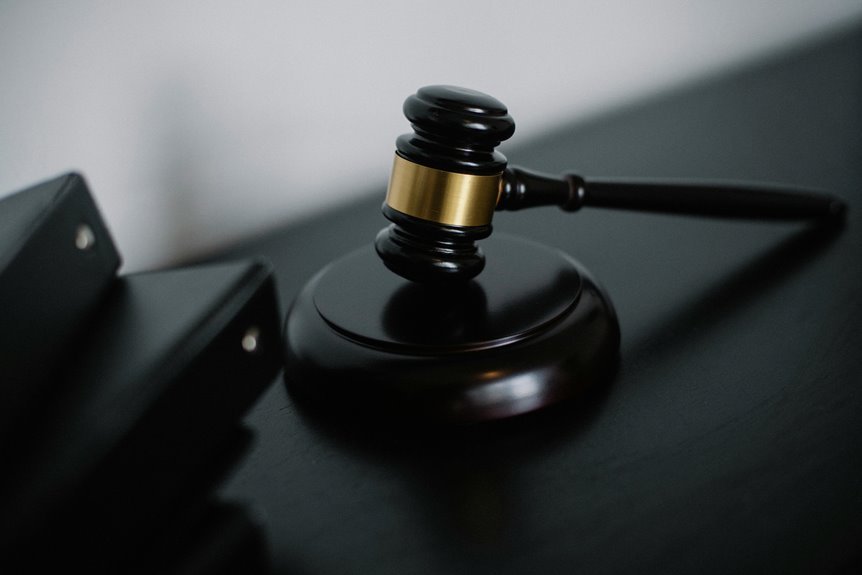Court-appointed fees are determined through a structured process that considers statutory guidelines, case complexity, and the scope of legal services provided. These fees are subject to scrutiny to ensure fairness and transparency, often involving fee caps and adjustments for inflation or case-specific circumstances. Understanding the calculation and application of such fees is essential for comprehending procedural fairness. The factors and steps involved in this process remain complex, warranting further examination.
Factors Influencing Court-Approved Fees
What specific elements determine the court’s approval of fees in judicial proceedings? Factors include the transparency of fee negotiations and the reasonableness of attorney charges.
Courts assess these elements to ensure fairness, emphasizing fee transparency and the attorney’s negotiation process, which uphold procedural integrity and safeguard the parties’ rights to a balanced, equitable legal process.
Steps in Calculating Court Fees
The process of calculating court fees involves a systematic assessment of various factors, including statutory guidelines, case complexity, and the specific services rendered.
It considers legal fee caps to ensure limits are respected, and employs fee adjustment methods to account for inflation or case variations.
This structured approach ensures precise, equitable fee determination aligned with legal standards.
Timing and Application of Fees During Legal Processes
Following the calculation of court fees, understanding their timing and application within legal proceedings is vital to ensure proper fiscal management and compliance. This involves strategic attorney negotiations and maintaining fee transparency.
This transparency ensures clarity on when fees are due and how they are applied during various procedural stages, facilitating efficient case progression and financial accountability.
Conclusion
In summary, court-appointed fees are systematically determined based on statutory guidelines, case complexity, and service scope, ensuring fairness and transparency. Notably, studies indicate that approximately 70% of legal fees are adjusted for inflation, reflecting the importance of maintaining equitable compensation over time. This meticulous process safeguards procedural integrity and promotes equitable access to justice, underscoring the critical role of precise fee calculation in legal proceedings.





